Tame cholesterol: The 40 best foods to reduce its level
Categories: Food and Drinks | Healthy lifestyle | World
By Pictolic https://pictolic.com/article/tame-cholesterol-the-40-best-foods-to-reduce-its-level.htmlAccording to statistics, every third person suffers from high cholesterol, and many of us are no exception. So what should I do if the lipid profile analysis returned with poor results?
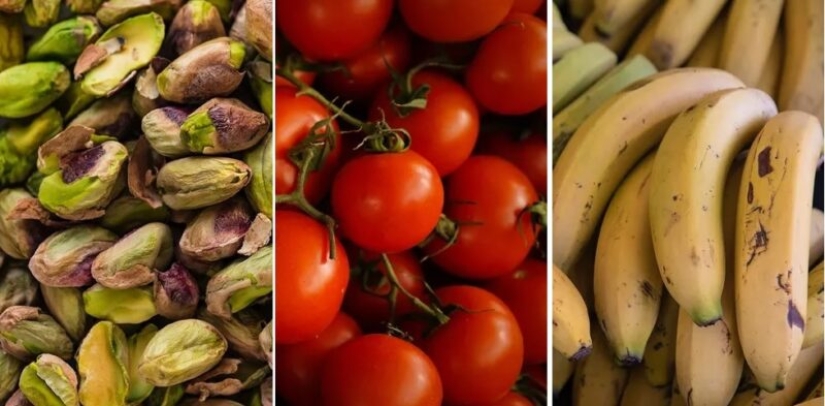

Cholesterol is a waxy substance that "floats" in our bloodstream. It is part of the cell membranes and participates in a variety of metabolic processes. "Good "cholesterol is high — density lipoproteins (HDL), and" bad " is low — density lipoproteins (LDL). Dense good cholesterol "binds" bad cholesterol and "tows" it to the liver for processing.
In cases where "cholesterol police" is not enough, and "bad" cholesterol is too much, there are serious health risks. LDL settles on the walls of blood vessels, forming plaques and narrowing the duct. This can lead to the development of cardiovascular diseases, including stroke.
The doctor may prescribe medications to control cholesterol levels. But these are serious medications, so the first step of therapy is usually to reduce excess weight, physical activity and change the diet.
The diet for correcting the lipid profile is quite simple: you need to "starve criminals" (minimize trans fats, saturated fats of animal origin) and "feed the police well" (eat more vegetables, fruits and whole grains, fish, nuts and seeds). This will reduce the level of glucose in the blood and reduce the accumulation of cholesterol plaque in the vessels and arteries.
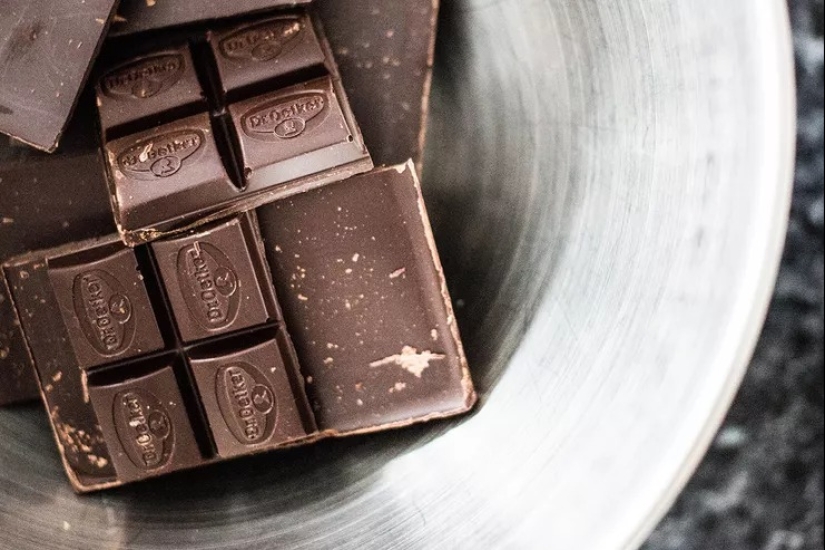
Dark chocolate contains more cocoa than other chocolate goodies, which ensures an abundance of flavonoids in each serving (saving for our cardiovascular system!). A 2017 study showed that eating dark chocolate and almonds improves the lipid profile of the blood. It is worth choosing chocolate with a high cocoa content-75% and higher.
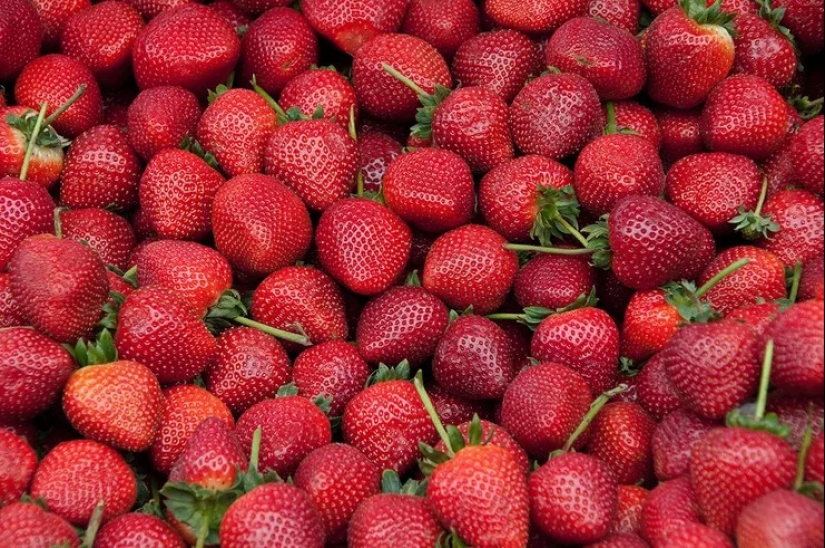
This sweet berry reduces the risks of cardiovascular diseases due to the large number of useful polyphenols in the composition.

In our latitudes, this vegetable is still considered exotic, but it is slowly entering stores in frozen form. And for good reason — okra is low in calories and very rich in soluble fiber, useful for the heart. There are also plenty of polyphenols in it.
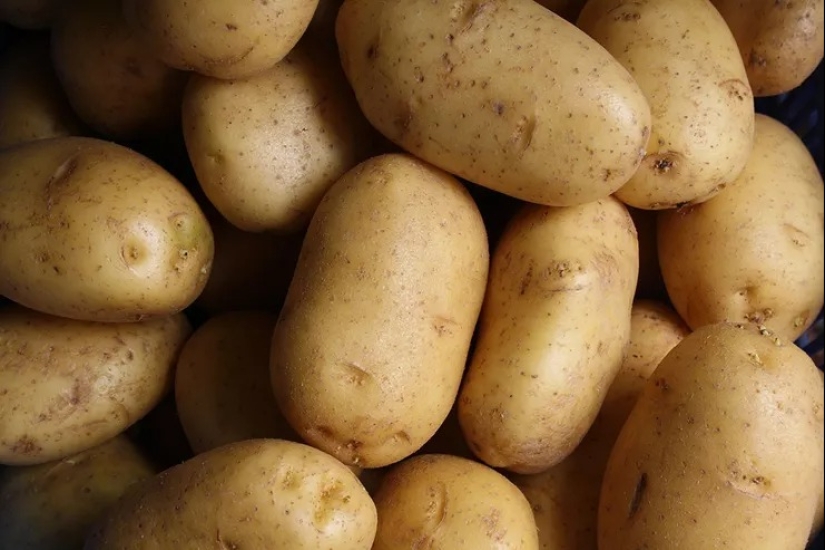
Who would have thought: baked potatoes contain more potassium, which is good for the heart, than a banana. A diet rich in potassium helps to lower blood pressure, reduce the risk of stroke and other cardiovascular diseases.
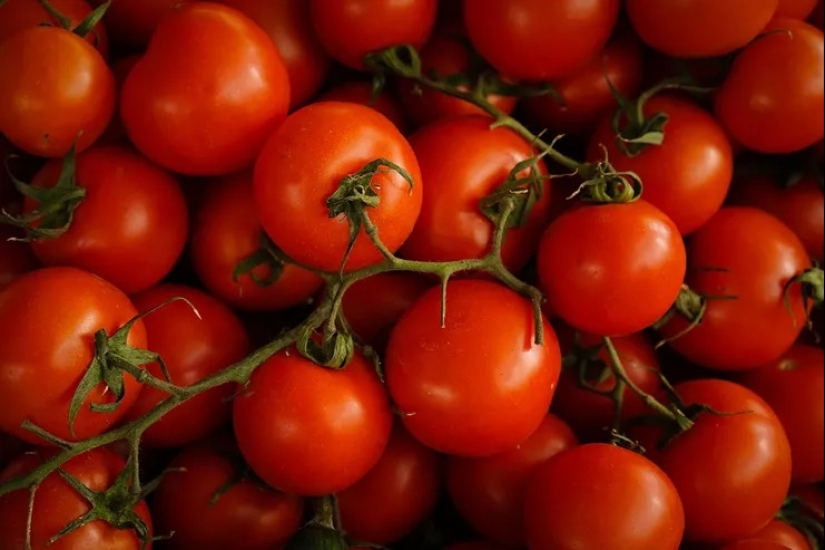
Tomato is another "potassium hero", also containing vitamins A and C. Tomatoes are rich in the antioxidant lycopene, which perfectly lowers the level of bad cholesterol.

Two servings of tuna a week help slow down the growth rate of vascular plaque (and it doesn't matter whether you eat fresh fish or canned). Omega-3 fatty acids contained in fish can also reduce the level of triglycerides — another risk factor for cardiovascular diseases.

Just one cup of raspberries contains as much as 8 grams of fiber, and this is an excellent indicator. For health, normal digestion and lowering LDL levels, we need to consume at least 25 grams of fiber per day (preferably more).
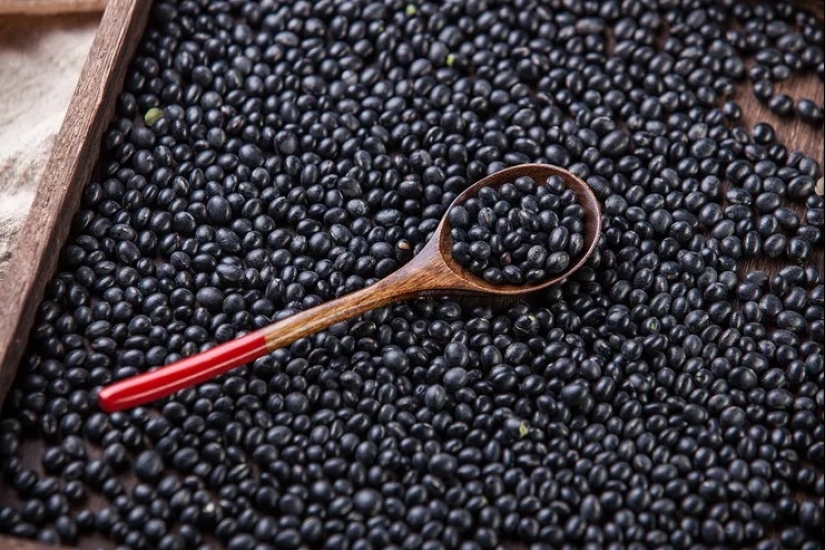
Even ordinary beans are very useful for health, and its black variety is simply a champion in this regard. A small bowl of black beans contains 8 grams of fiber, only 100 calories and a lot of nourishing vegetable protein.
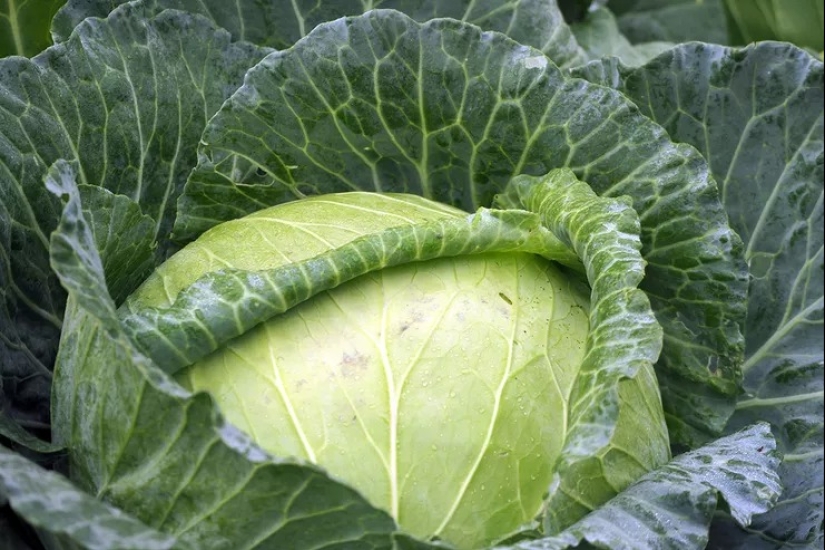
Minerals in cruciferous vegetables (including white cabbage and Brussels sprouts, kale and spinach) help to balance the action of sodium, preventing hypertension.
Among cruciferous plants, cale is the most useful for the heart — it is not too common in Russia, but so good that it deserves our efforts to find it on the shelves of stores.Potassium, magnesium, antioxidants, fiber: cale can be called a real health bomb for the heart.
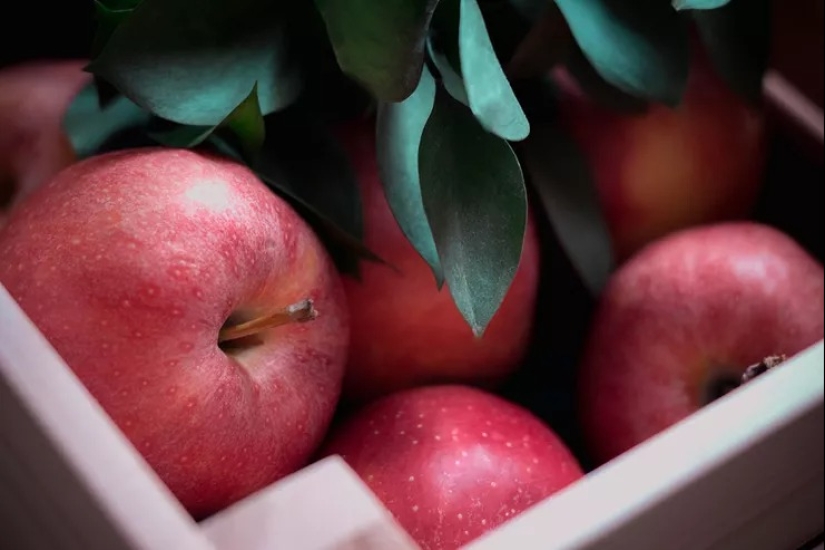
The antioxidant phenolic compounds in apple peel help to reduce the level of total cholesterol. They also improve cellular function and blood flow.
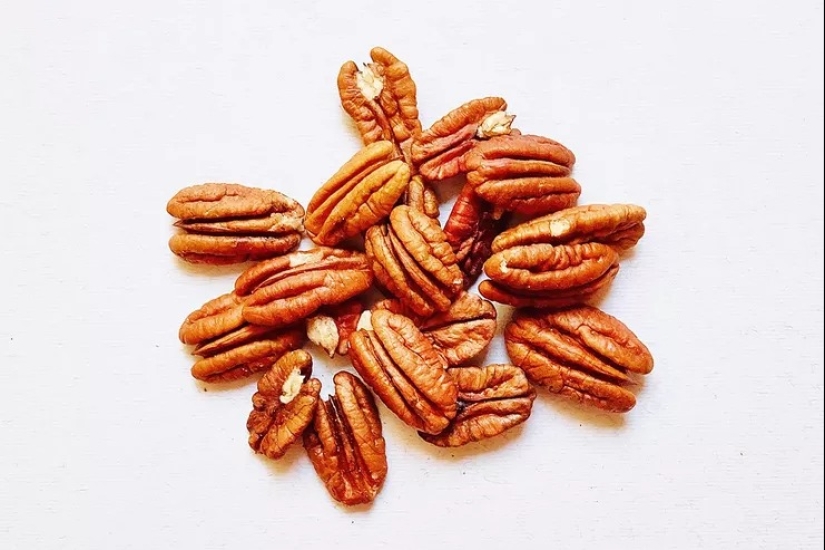
Pecans are full of monounsaturated fatty acids, which increase the level of proper cholesterol. They are also rich in plant antioxidants, including beta-carotene and vitamin E, which protect cells from damage due to chronic inflammation.
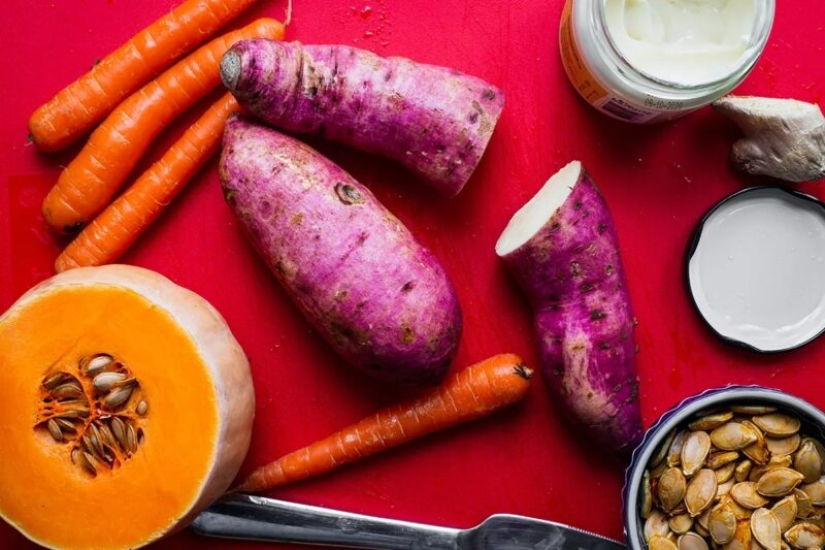
Sweet potatoes, butternut and parsnips contain few calories, but a lot of fiber, potassium and beta-carotene. This means that they protect us from heart diseases!
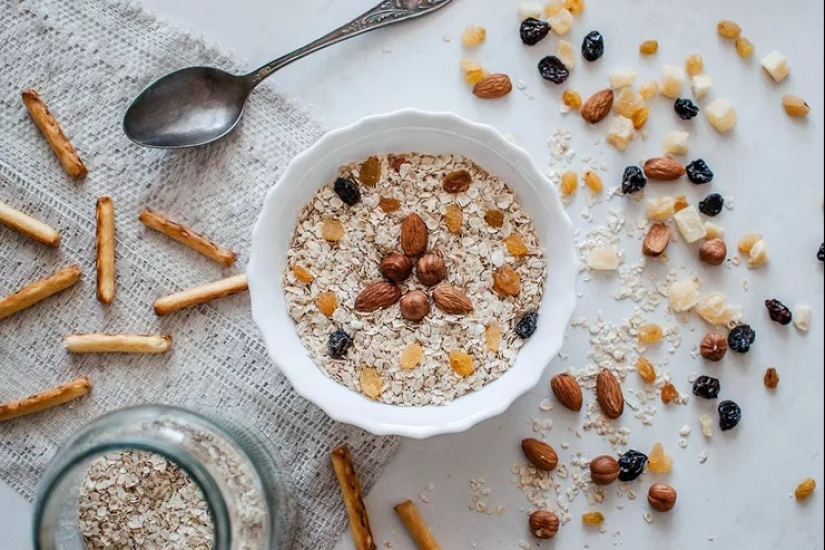
Oats contain a soluble fiber called beta-glucan, which can reduce LDL levels. Fiber absorbs water in our digestive tract and removes excess saturated fats before they enter the bloodstream.
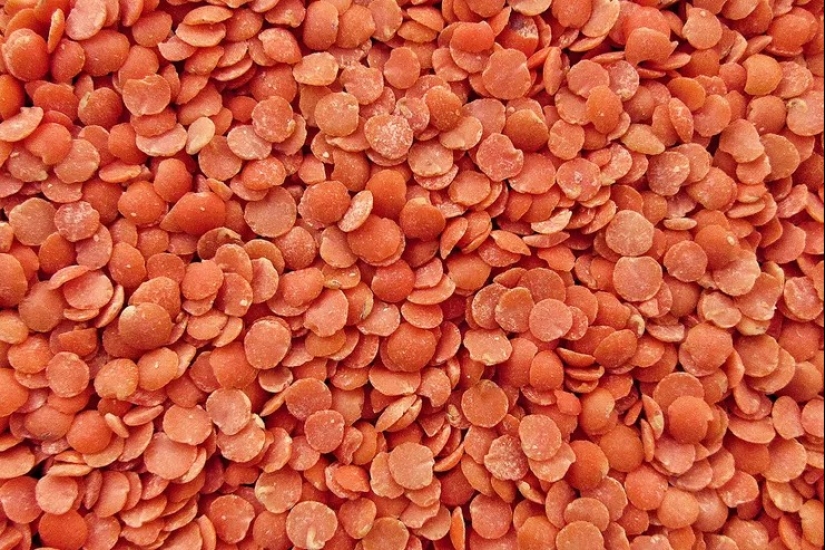
Legumes, including lentils, are rich in vegetable protein, fiber, antioxidants, minerals and vitamins of group B. The perfect combination for heart health!
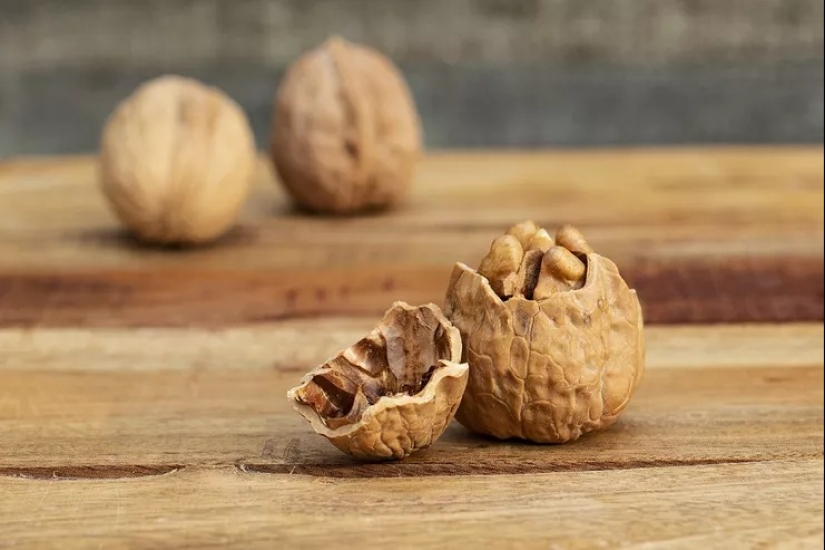
Scientists have proven that regular consumption of walnuts reduces the risk of heart disease by 19% (and only one serving per week is enough for this!).
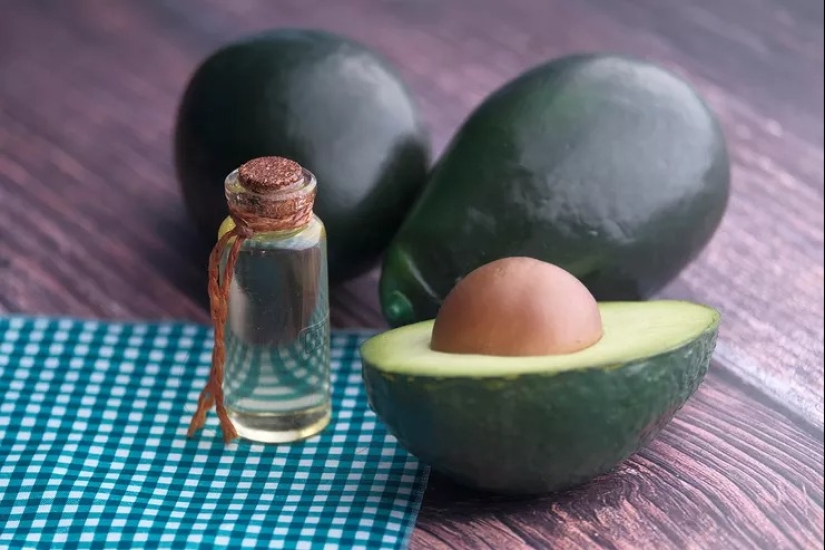
Avocado oil is almost as useful as whole fruits — it has a lot of useful monounsaturated fats. This oil helps to reduce high blood pressure and cholesterol levels.
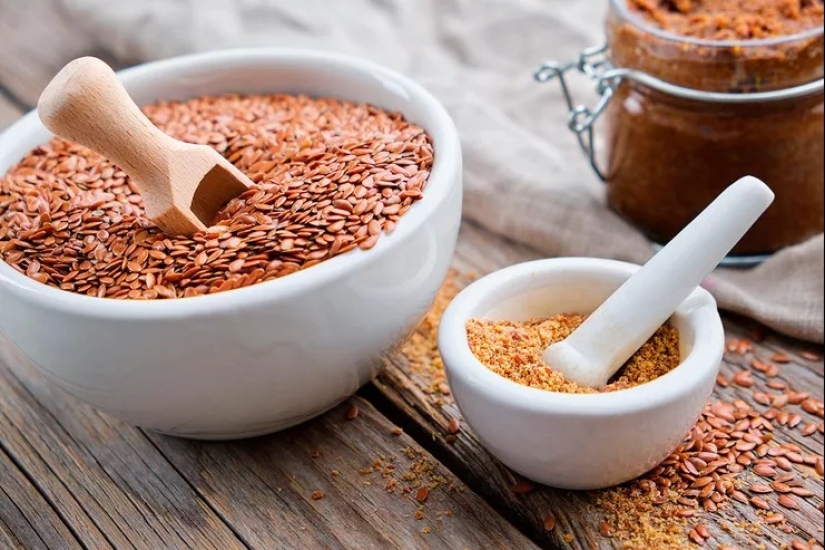
Modest seeds are full of omega-3 fatty acids and lignans-plant compounds that can reduce the risk of stroke. And phytosterols reduce the amount of" bad " cholesterol in the bloodstream.
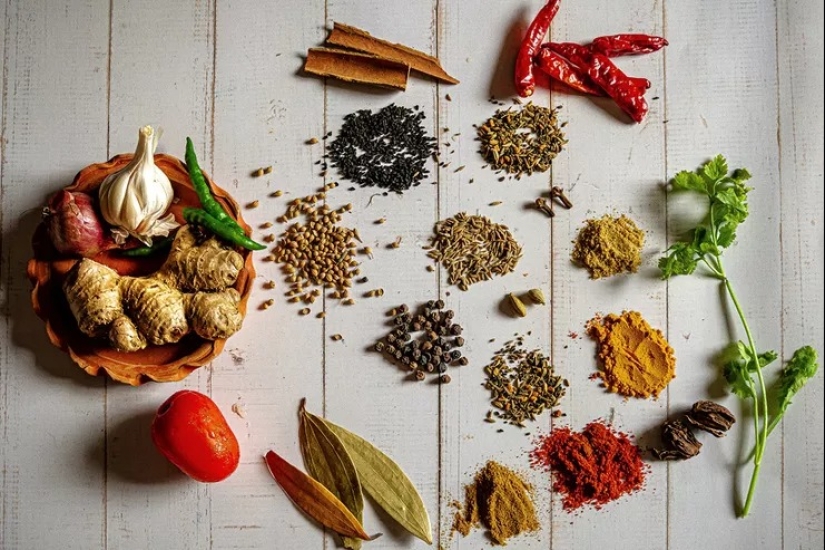
Seasonings based on herbs and spices are rich in antioxidants, and their expressive taste helps to consume less fatty harmful sauces.
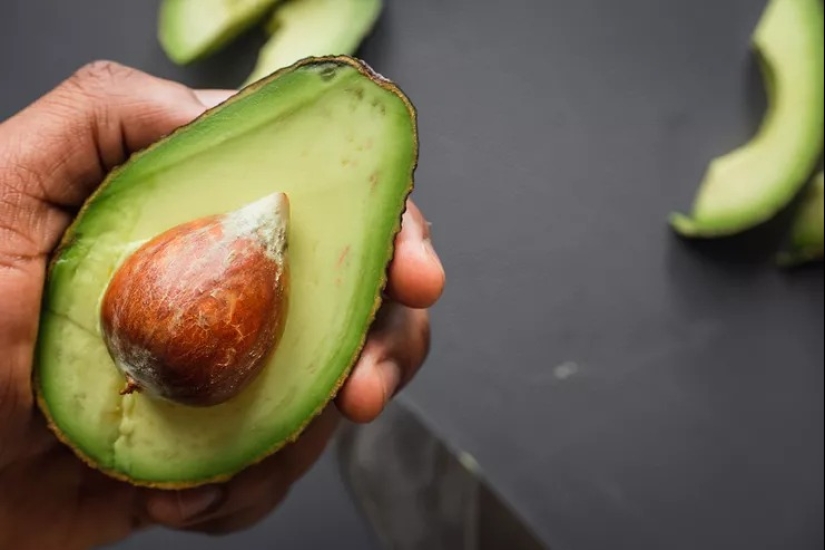
Whole fruits are good not only for unsaturated fats, but also for fiber. And we already know that this combination helps to regulate the lipid profile and reduce the risks of CVD.
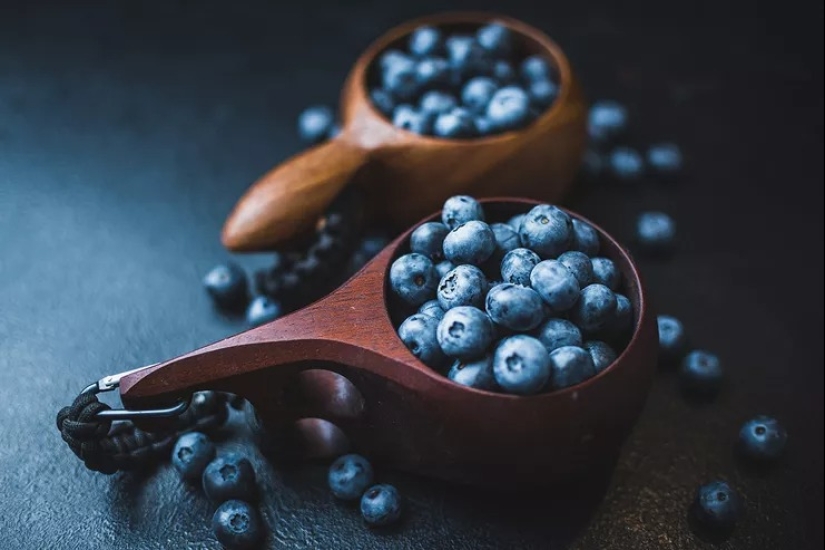
Some studies have linked regular consumption of blueberries with a decrease in blood pressure. This berry stimulates blood circulation by dilating blood vessels, which slows down the rate of development of atherosclerosis.
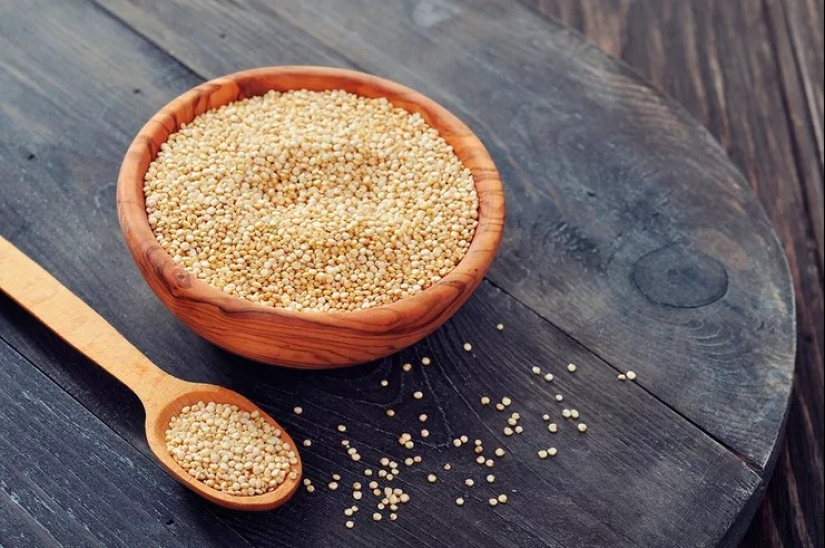
Quinoa has already become a familiar cereal on our tables, and it is not surprising — it contains a lot of antioxidants, fiber and vitamins of group B. According to recent studies, regular consumption of quinoa helps to reduce the risk of heart disease by improving the indicators of total cholesterol, triglycerides and LDL.
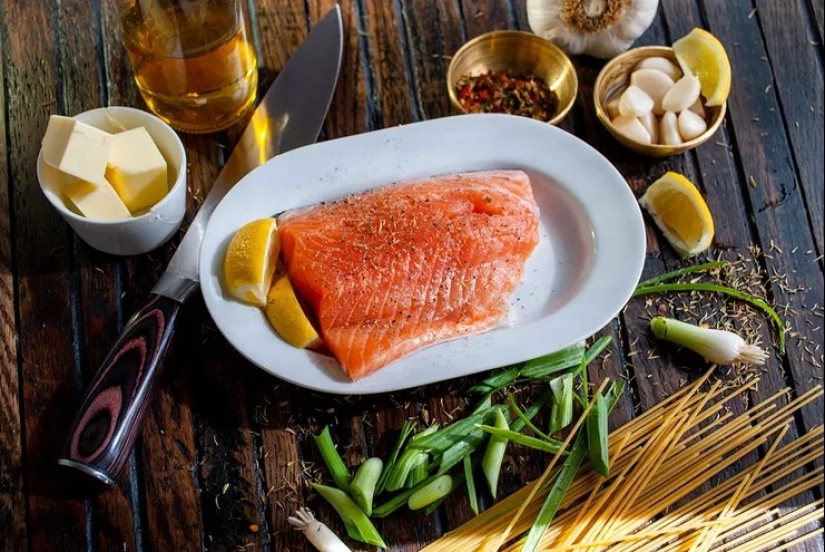
This fish is one of the best natural sources of omega-3 fatty acids. Salmon is very useful for health, but it is especially important for" cores " because of its ability to reduce the level of triglycerides and markers of inflammation.
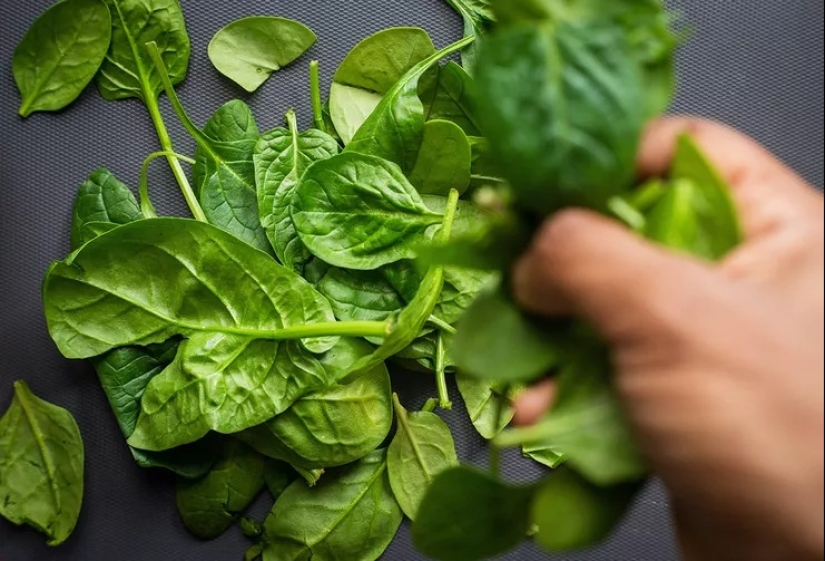
Eating a large amount of leafy greens helps to reduce cholesterol levels, by stimulating the production of nitric oxide. This compound helps to expand blood vessels and reduce the manifestations of atherosclerosis.
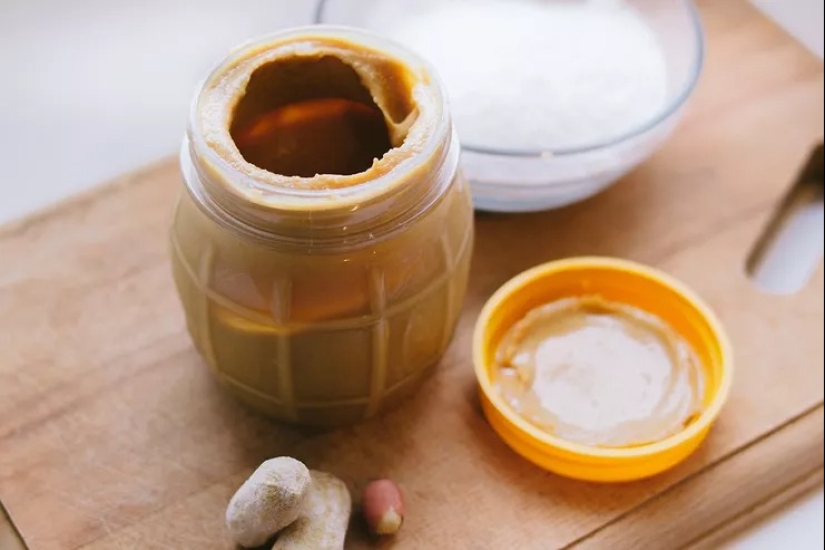
In 2 tablespoons of peanut paste, as much as 8 grams of protein! And also-resveratrol and other phytosterols that interfere with the absorption of cholesterol from food in the intestines.
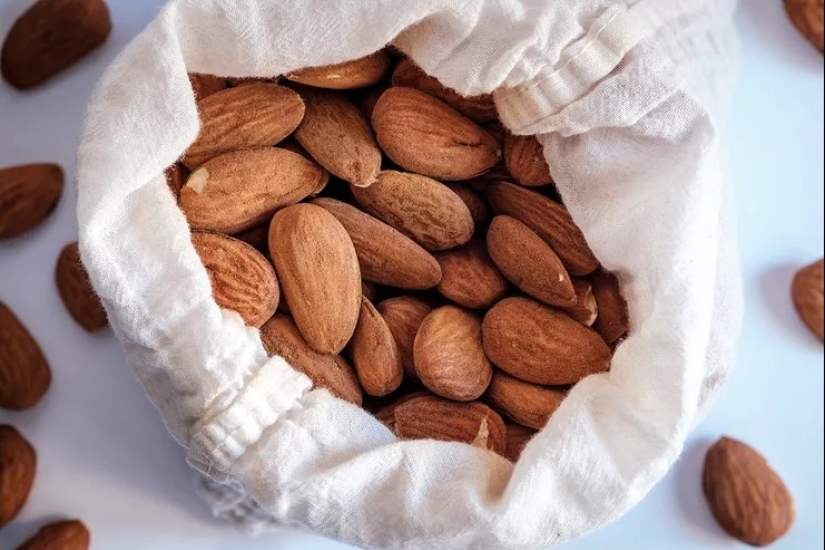
Thinking about what to eat? Try almonds! Scientists have proven that regular consumption of almonds reduces the risk of heart disease by increasing the level of good cholesterol and reducing the amount of bad.

Monounsaturated fatty acids, which are rich in olives, increase the level of HDL, and specific compounds prevent inflammatory processes.
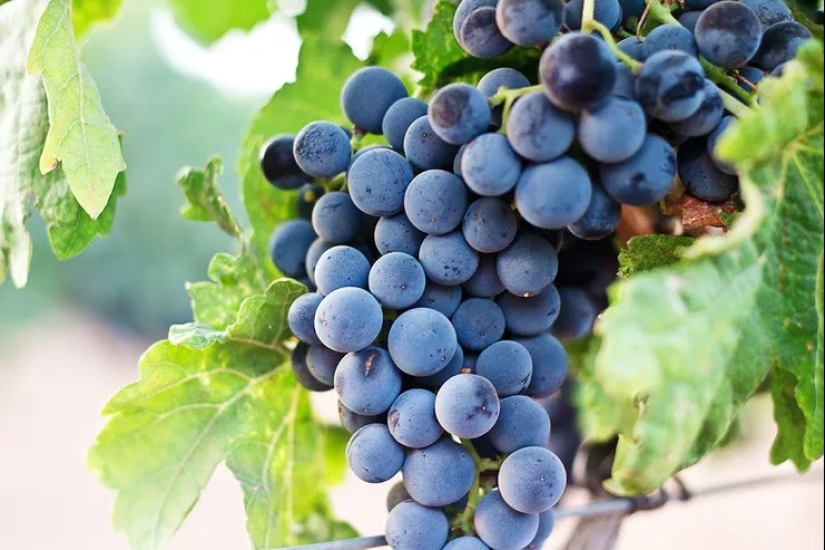
Grapes contain polyphenolic compounds that can reduce cell damage. One or two servings of grapes a day help protect our body and reduce inflammatory processes.
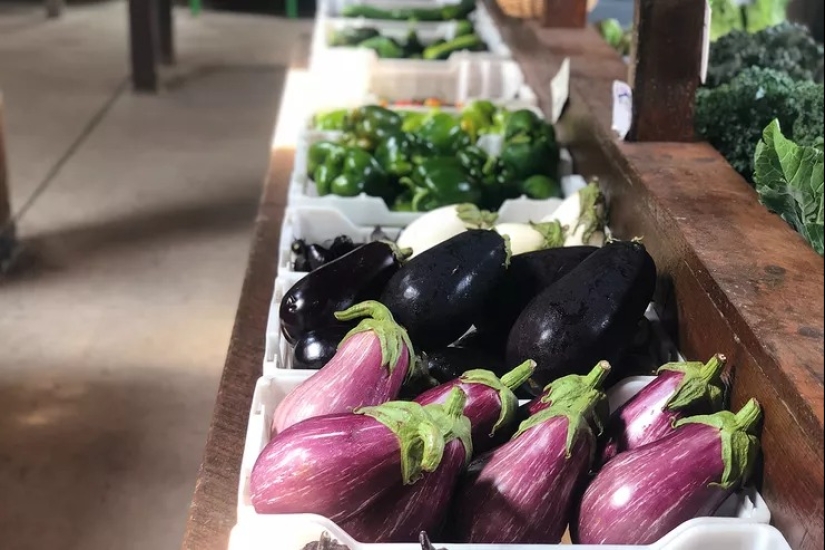
These strong vegetables reduce oxidative stress, which means that they reduce the risks of chronic inflammation, high cholesterol levels and plaque formation in the arteries.
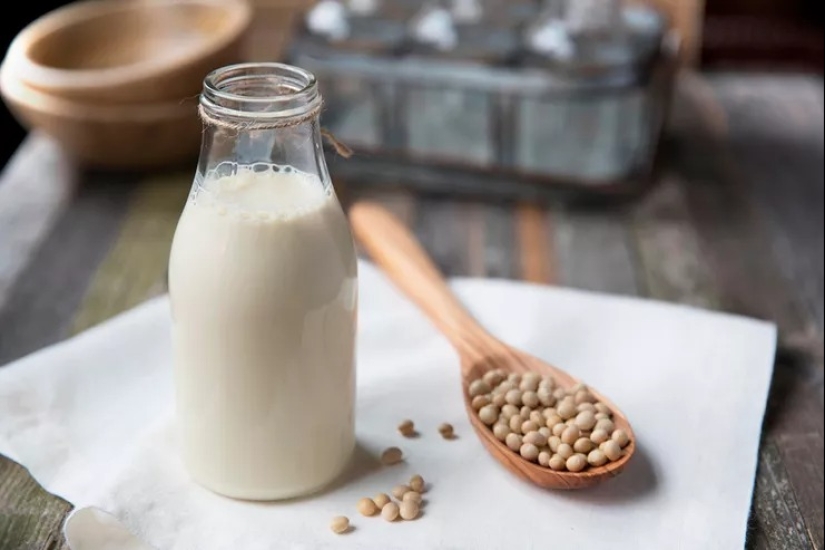
The soy alternative to regular milk contains a lot of minerals and antioxidants, and a little saturated fat. This helps to improve the indicators of the blood lipid profile.
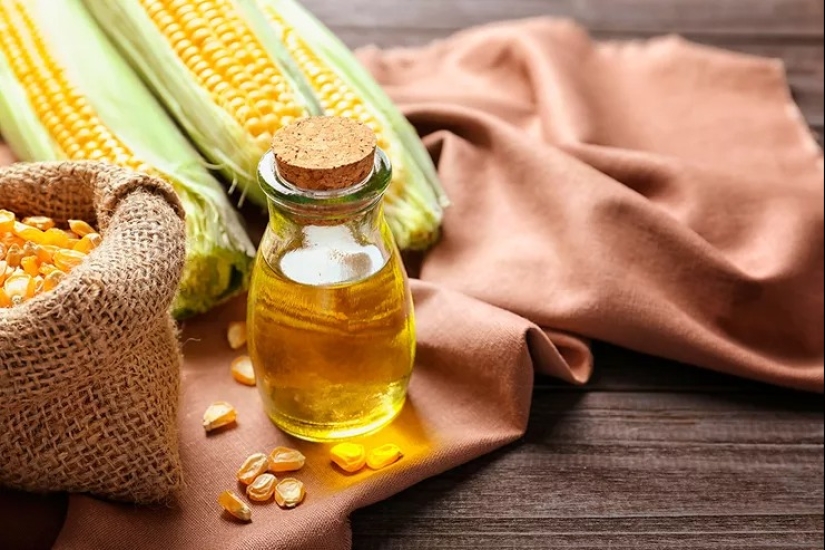
Corn oil is not very popular, but it is very useful — it contains vegetable sterols. These compounds reduce the absorption of saturated fats, which means that they do not allow the level of bad cholesterol to grow. In addition, like other vegetable oils, corn is rich in antioxidants.
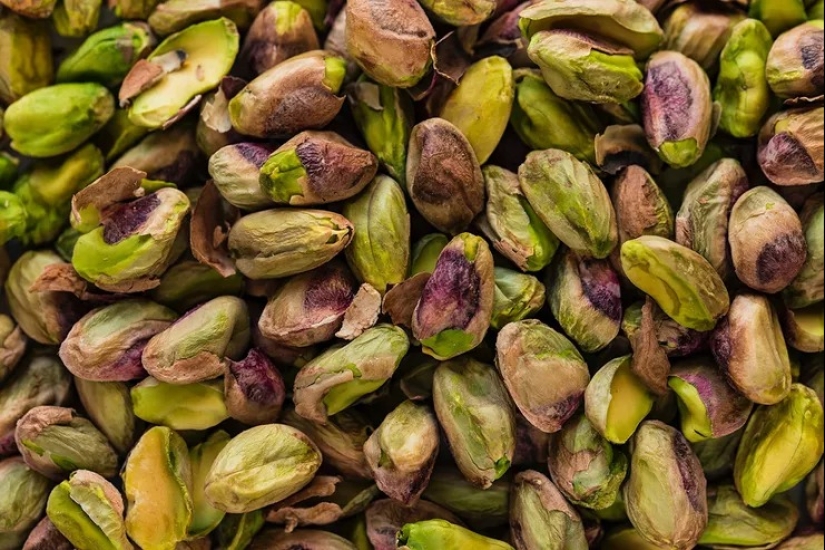
These nuts are rich in fiber and antioxidants, and they also increase good cholesterol and reduce bad. Pistachios also protect our body from oxidative stress and the formation of plaques in the arteries.
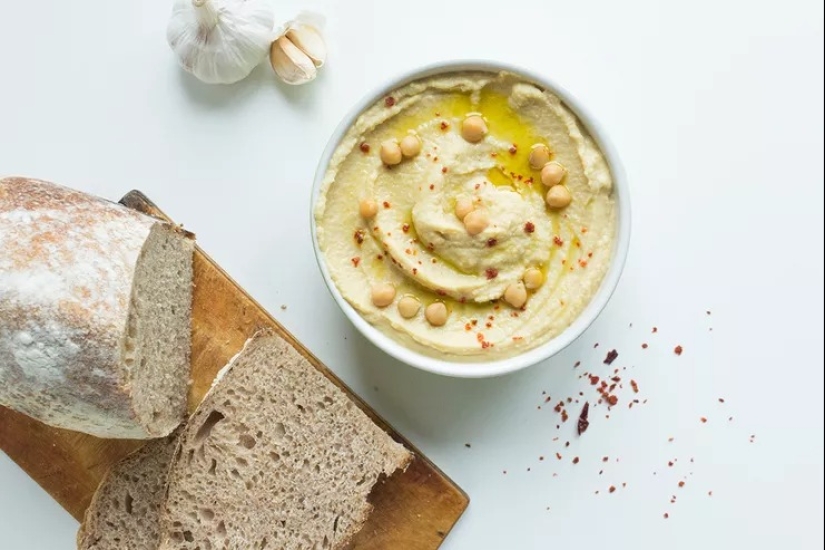
Hummus is made from legumes, which means that it has a lot of fiber, protein and all the compounds that are useful for the heart.
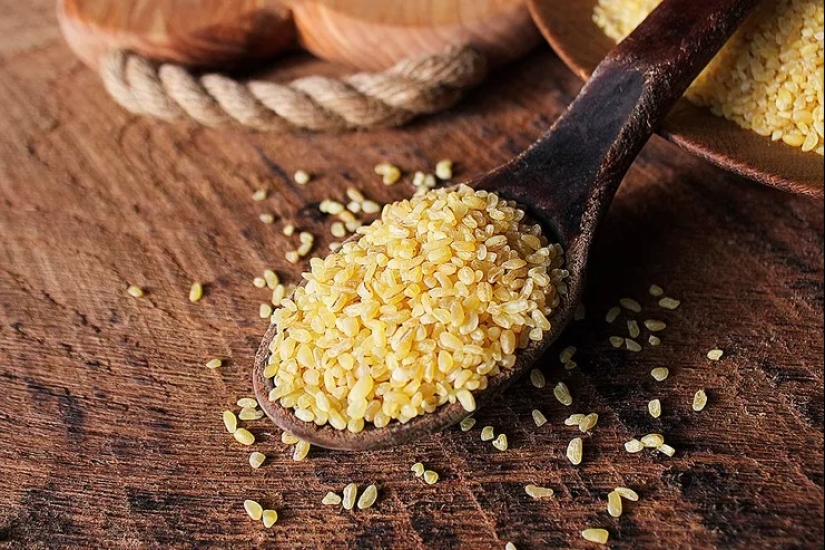
Our favorite cereals reduce cholesterol, they enrich us with soluble fiber and give us satiety.
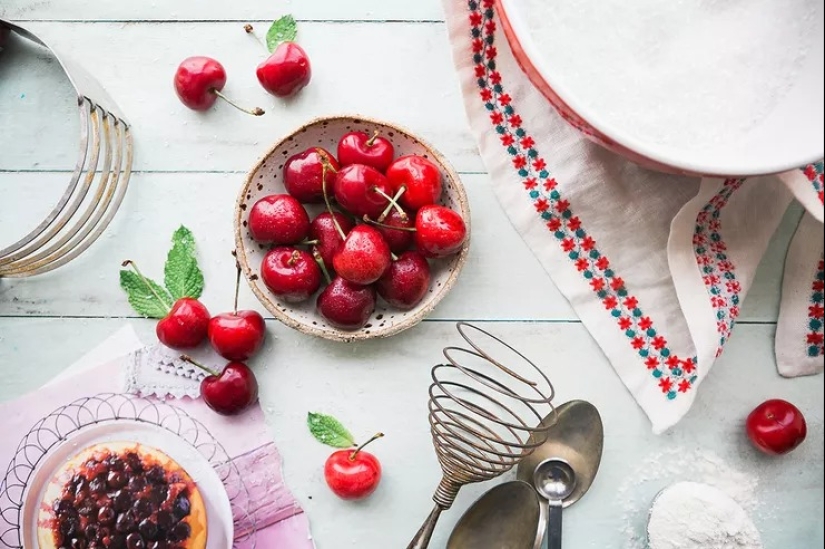
Cherries get their color from anthocyanin, a phytonutrient with powerful antioxidant properties.
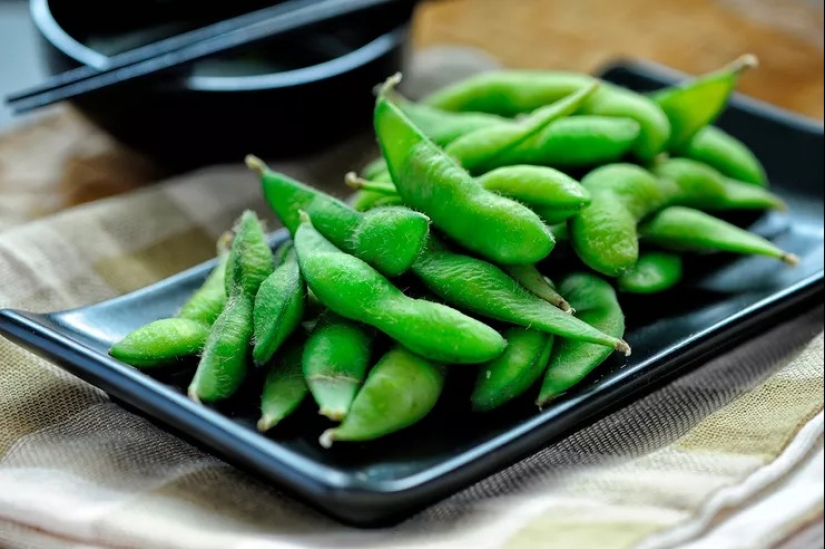
This exotic snack reduces the level of bad cholesterol, saturates us with useful vegetable protein and soluble fiber.

Low-calorie, but rich in fiber, pumpkin is an excellent alternative to sweet potatoes — because it has no less antioxidants.
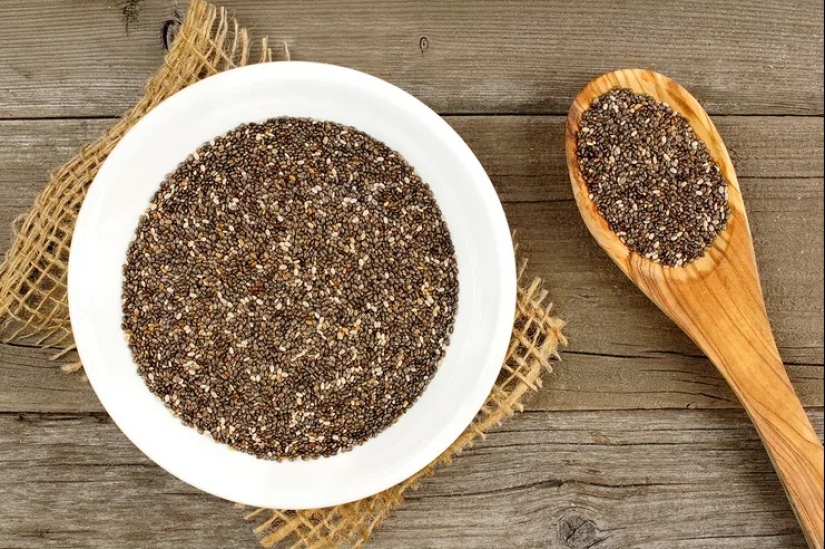
Looking for a plant-based form of omega-3? Chia seeds are perfect! They contain not only useful fatty acids, but also fiber, protein and antioxidants.
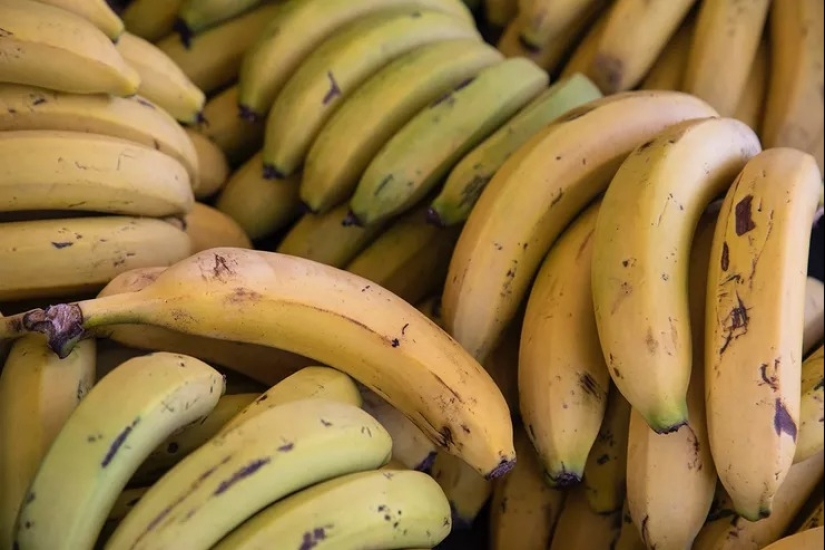
Bananas reduce cholesterol levels by removing it from the digestive system, preventing it from entering the bloodstream and clogging the arteries.
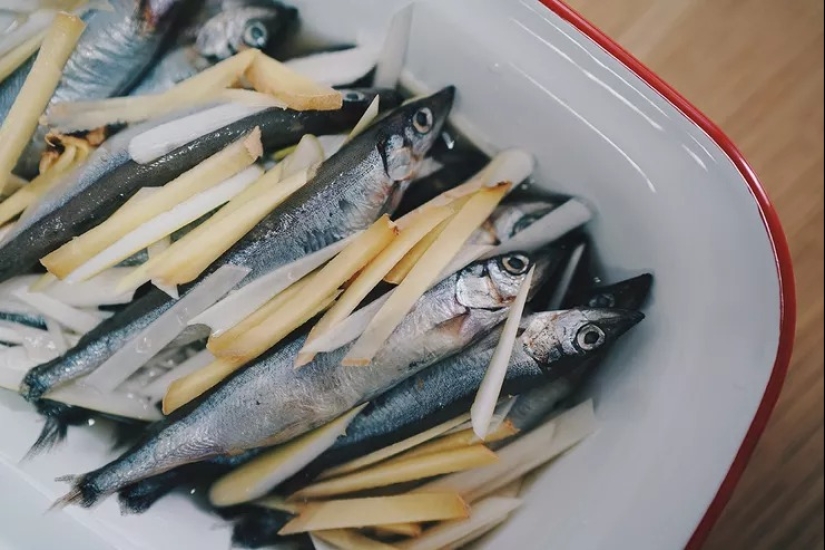
These fish may be quite small, but omega-3 is quite enough in them! In addition, sardines contain less mercury than other fatty fish, and are well stored in canned form. But you should choose sardines in their own juice, not in oil.
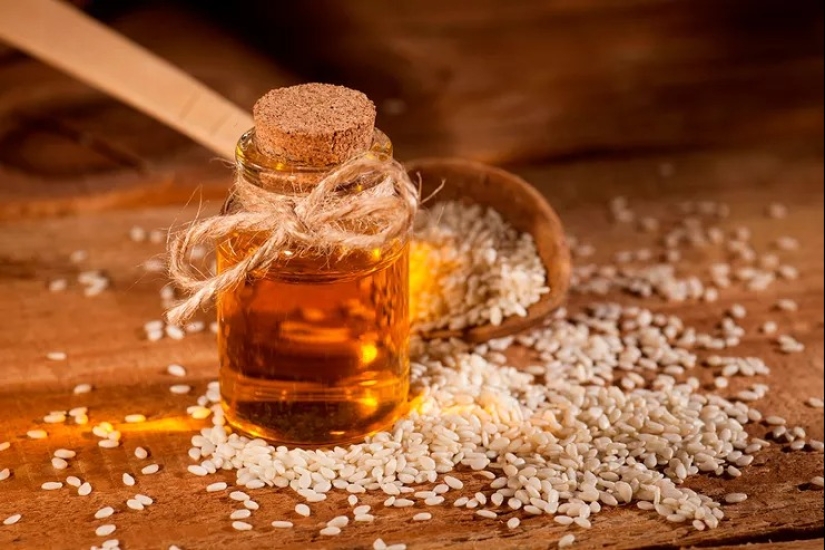
Replace the usual sesame oil with sesame oil — so you will get a portion of monounsaturated fats and a wonderful nutty taste.
Keywords: Diet | Useful | Foods | Cholesterol
Post News ArticleRecent articles

Today, breast augmentation is the most popular plastic surgery. Every year, a quarter of a million women get silicone implants to ...

One of the most popular Polish artists of the 20th century, Zdzislaw Beksinski, almost never gave titles to his works. This is also ...
Related articles

For some actors, entering a role is a process similar to literal reincarnation. The physical changes that have taken place with ...

Summer came suddenly for many. The most sluggish rushed to the gyms and went on diets quite recently (as in the poem, where Natasha ...

A group of psychologists from the University of Southern Indiana studied the characteristics of the psyche of meat lovers, ...

Airports are facilities that take up quite a lot of space. People do not always have the luxury of allocating vast areas of ...